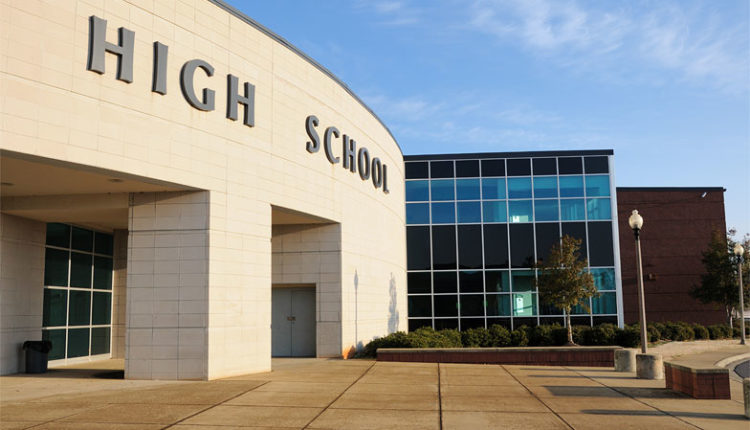A2PNotes: Ann Arbor is home to some 16,000 public school students. Those students are parented by tens of thousands of women and men who haven’t a clue about what their kids really do at school all day, not because they don’t want to know. Quite the opposite, most parents of school-age children want to know what happens in the classroom, the lunch room and on the bus. Elementary school parents are hectored into helping out at school; expected to be involved. However, middle and high school are quite different. Parents become personae non gratae not only in the eyes of kids who are trying to become more independent, but in the eyes of a school District that does not provide many opportunities for parent classroom involvement in the upper grades. So, A2Politico has asked two kids to write about their lives as students. One of these students attends the AAPS, and the other attends a local private school. For obvious reasons, these two will write their entries anonymously. So, look for A Descent Into the Maelstrom, and read about what your kids wouldn’t tell you even if you asked.
I recently had a discussion one of my teachers, and this teacher and I were talking about the situation in Lansing—a Bill to mandate that Michigan should be a Right to Teach state. I asked the teacher privately, “Did you hear about this Bill that the Republicans have intoduced in Lansing to make Michigan a Right to Teach state?” The teacher replied, “I know! It’s crazy! What are they thinking?!?”
The teacher stopped mid-sentence then said, “Oops, not supposed to talk about politics or my opinions with students in the classroom. Sorry.”
Teachers should be able to talk politics with students in the classroom without fear of repercussions. Do I think they should be allowed to talk about their political opinions in front of the entire class? No. Why? We don’t want teachers preaching about politics or their personal views in front of the whole class. However, when the discussion is with a student who has asked about the issue, I think it is appropriate for teachers to be able to talk with that student about the issue or issues.
There are certain disciplines in which politics can play more of a role, and where teachers should be able to discuss their opinions. For example, a social studies class, an economics class or a government class. In addition, even though teachers shouldn’t talk about politics or their personal opinions in class, they do. They use tone when discussing topics on which they are supposed to be “neutral.” For example, one of my teachers was discussing the Occupy Wall Street movement and this teacher used a very upbeat angle. The teacher described the demonstrators as “activists,” as opposed to “protesters.” The teacher also referred to the CEOs as “money bags.” This tells the students the teacher’s personal view is that the Occupy Wall Street demonstrators are correct, and the money bags are doing something that needs to be changed.
It could, of course, be argued that teachers and students shouldn’t talk politics—if they were to disagree—the teacher could retaliate against the student because of the student’s views. Do I think a teacher would do something like this? Yes. People can get very passionate about their political views. A student, on the other hand, could retaliate against a teacher by misbehaving in class. It could also possibly scare a student if a teacher had views that were radically different than the student’s views.
If the teacher’s political views differed from those of the student’s parents, it could lead to fights between the teacher and the parents which to lead to repercussions for the student.
Even with these objections, I think students need to learn about politics from a point of view that is different from that of their parents, because a lot of time students’ views agree with those of their parents. It not necessarily a problem for students’ views to be the same as their parents, but it is better for students to gain other perspectives on political issues. This can result in new voices in politics, I think.
I will end this a story. Throughout one year of school, I spent time talking to one of my teachers about politics during a break in classes. We talked about everything: unions, Republicans, the President, the War in Afghanistan and elections. I felt like I knew this teacher better as a person because I understood how this teacher felt about real life issues, not just things from our books. At one point I was told that this teacher could be fired for expressing opinions and views of such depth to a student. I think this teacher ignored this rule because teachers don’t have a voice inside the classroom that doesn’t include something related to the curriculum.
I think that should change.
Please note: The names of all teachers and genders of all teachers have been withheld to protect their identities and their jobs. I thank them.


Teachers have little if ANY autonomy in their classrooms, the one place where they should absolutely be able to speak their minds, educate, and motivate their students with something more than words from a text book. I’m a teacher. I speak my mind in the classroom when I feel it’s needed (to motivate students, to enhance understanding of a concept, etc.) and should an administrator find it inappropriate, I welcome the opportunity to establish better legal precedent on First Amendment grounds.